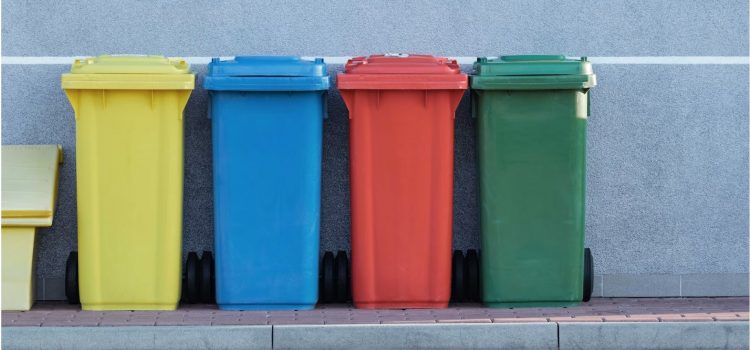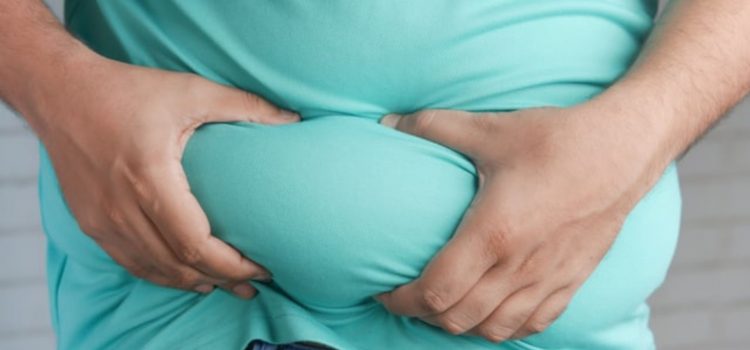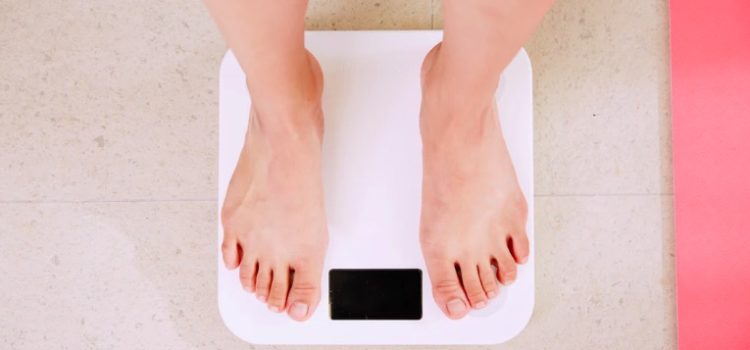Why do people say that recycling is a lie? How does recycling harm the environment? What is the “plastic recycling lie”? Unfortunately, the answers to our changing environment aren’t as easy as increasing recycling programs or swapping out fossil fuels for renewables. Experts caution that each of these solutions brings with it its own set of problems, which, if not properly anticipated, threaten to continue—not halt—environmental destruction. Keep reading to learn more about why recycling is a lie, according to experts.
Why Recycling Is a Lie in 2022: Wasted Efforts










